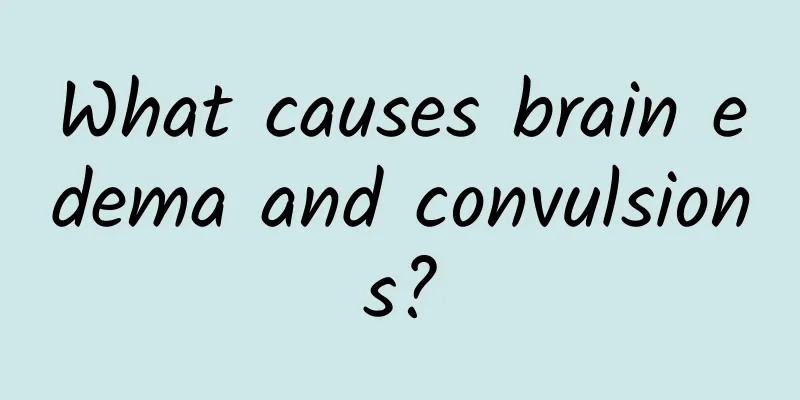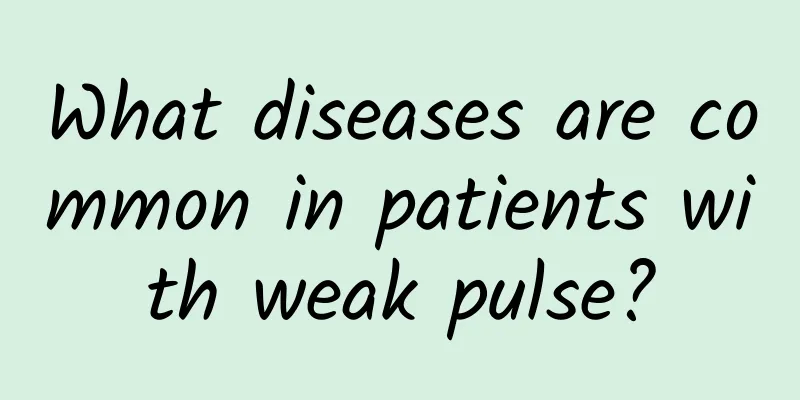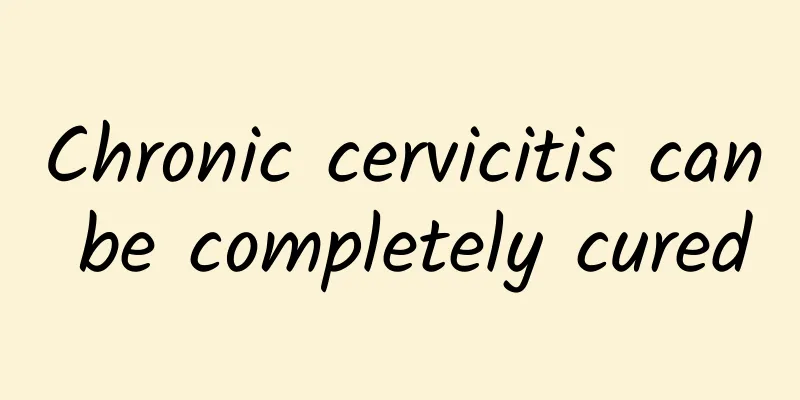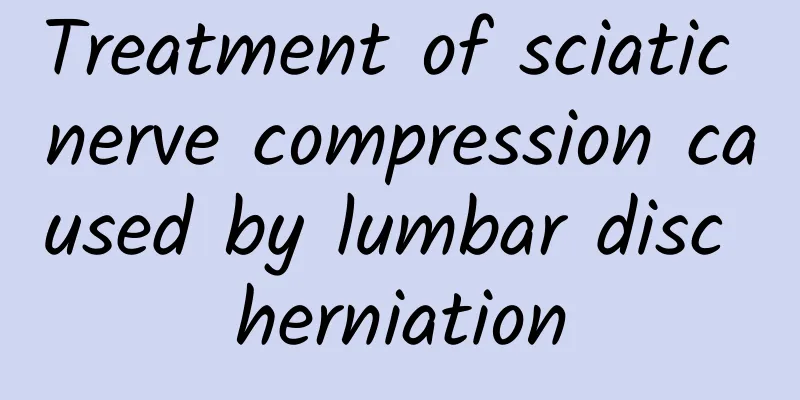Can loose teeth be extracted?

|
When teeth are loose, we need to consider the specific symptoms. For more serious looseness, they should be pulled out in time to avoid infection caused by the teeth shaking back and forth. If the looseness of the teeth is not particularly obvious and there is hope for further consolidation, the treatment effect can be achieved through tooth fixation methods, root canal treatment and other methods. Let us learn about it. Can loose teeth be extracted? 1. Teeth fixation This treatment involves placing a dental retainer between the good tooth and the loose tooth. Mainly for loose teeth caused by trauma. It should be noted that if the treatment is not done properly or in an irregular manner, the corresponding healthy teeth will become loose. Therefore, you need to carefully choose a regular hospital. 2. Root canal treatment For loose teeth caused by apical periodontitis, you can go to the hospital to treat the affected teeth, such as root canal treatment. After the periapical inflammation is eliminated, the affected tooth will gradually stabilize as the inflammation recovers. 3. Adjust the bite Occlusal trauma can also cause loose teeth, but sometimes the loosening may not be obvious. It is recommended to go to a professional dental hospital to let the doctor diagnose the teeth with occlusal trauma and provide targeted adjustment and treatment. 4. Local treatment The main thing is to control inflammation and infection, learn the correct way to brush your teeth, and maintain oral hygiene. For those with loose teeth, wire ligation or splint fixation can be used to make the loose teeth relatively stable and able to withstand a certain biting force. What to do if your teeth are missing Timely repair is the most important If teeth are missing for a long time, the alveolar bone will be lost, and the upper and lower jaws will become "distorted" and collapsed, unable to support the youthful and round facial contour, making the face look old. Therefore, if missing teeth are repaired in time, we will not age so quickly, and our diet and speech will not be affected. If you are missing 1 to 2 teeth, you can use fixed dentures, removable dentures, or implants to repair missing teeth. If you are missing multiple teeth or all teeth, you can use removable dentures or implants to repair missing teeth. Among these restoration methods, dental implants are the closest to real teeth, and dental implants can stimulate the alveolar bone and delay the absorption of the alveolar bone. Implant restoration, also known as dental implants, is known as "the third permanent teeth of mankind" for its beauty, practicality, comfort and long life. It grows firmly on the alveolar bone like real teeth and is the first choice for people with missing teeth. Dental implants have many advantages: they have strong retention and stability, can "grow" in the patient's mouth like real teeth, and have the same chewing function as real teeth; they are small in size, no metal is exposed, they are beautiful, and are more conducive to maintaining oral cleanliness and hygiene; they can be used for decades and do not need to be replaced as often as traditional dentures. They can completely reconstruct the function of teeth and restore the natural state of teeth. |
<<: What to do if your teeth are loose
>>: What to do if your teeth fall out
Recommend
The effect of Astragalus and Agrimonia
Scutellaria baicalensis is a relatively well-know...
What are the benefits of washing your face with pearl powder?
In real life, pearl powder is very common. Pearl ...
Knee cracking when going down stairs
The knees bear most of the weight of our body. Wh...
I sprained my ankle. How can I get better quickly?
As for the term "sprained ankle", the r...
What to eat to prevent precocious puberty
There was once a media report that a nine-year-ol...
What are the drugs for treating uterine contractions?
During pregnancy, women should fully understand t...
Eight months pregnant
When you are eight months pregnant, it is the lat...
What are the symptoms of rheumatoid arthritis?
Rheumatoid diseases are relatively common, especi...
What to do if your face is sunken after face slimming injection
After getting a face-slimming injection, if your ...
What is the most fragrant thing to put in spicy oil
There are many delicious foods around us. Differe...
Can I smoke after having my teeth pulled? Pay attention to these things
Oral problems are very diverse. Many people like ...
What is the main function of blood stasis removal therapy?
I believe everyone knows about blood stasis remov...
How to treat gout in the feet? These methods are effective
Generally speaking, there are various types of go...
What medicine is good for Gram-negative bacteria?
Bacteria and viruses are important factors that a...
Pituitary cyst
Pituitary cyst is a very serious clinical disease...









